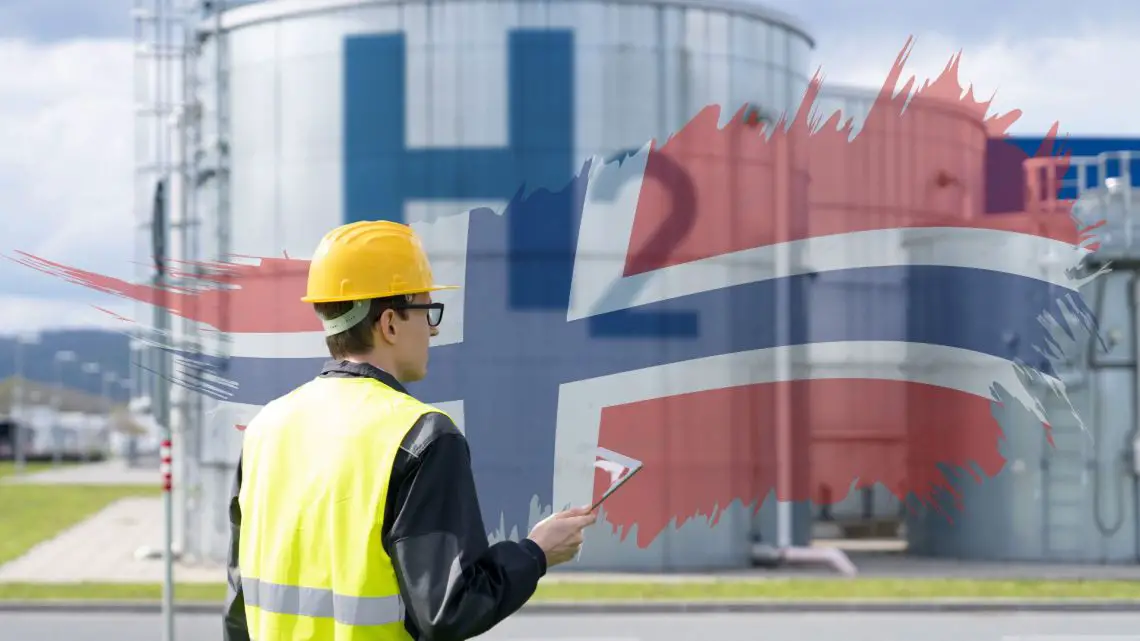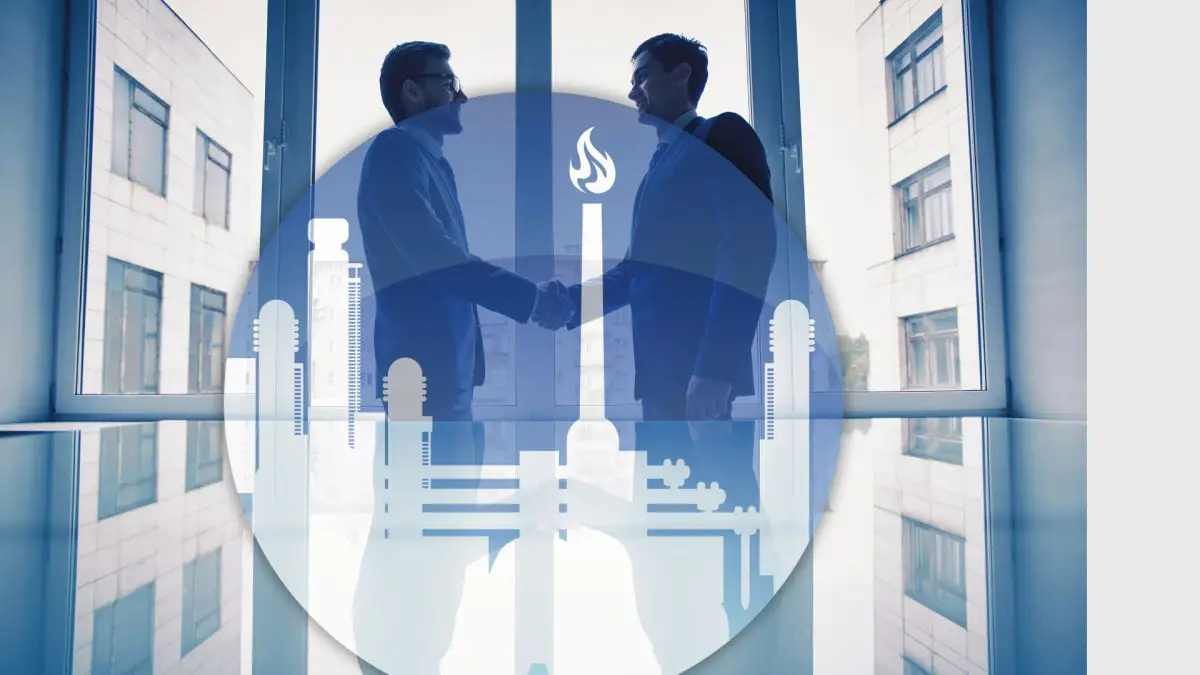
Equinor cancels blue hydrogen export strategy to Germany
September 24, 2024The Norwegian country announced that it has scrapped its plans for exporting to Germany
Equinor has announced that it no longer plans to export blue hydrogen to Germany because the cost would be too high while the demand is still far too low to make the strategy feasible, according to a company spokesperson.
The plan was first put into place in January 2022
Equinor, from Norway, and RWE, from Germany, had signed a memorandum of understanding (MoE) in January 2022 with the intention of establishing a blue hydrogen supply chain that would supply power plants in Germany as the country aimed to decarbonize.
The strategy involved the production of H2 through the use of natural gas, while using carbon capture and storage technology to help mitigate the majority of the greenhouse gas emissions. The H2 would be produced in Norway and then exported to H2-ready gas power plants in Germany. They would use the first offshore hydrogen pipeline to transport the H2 from where it was made to where it would be used.
The reality around the price and demand for blue hydrogen has changed
“The hydrogen pipeline hasn’t proved to be viable. That also implies that hydrogen production plans are also put aside,” said Magnus Frantzen Eidsvold, spokesperson for Equinor, in a recent Reuters report. “We have decided to discontinue this early-phase project.”
The pipeline itself was not part of RWE’s project. Instead, it was one that would have drawn support from both countries, said a recent emailed statement from the German company.
In 2023, Anders Opedal, CEO of Equinor, said that the entire supply chain’s cost could require “tens of billion euros.” Just the pipeline was expected to cost around €3 billion (about US$3.35 billion).
The expected promise simply wasn’t there
Moreover, according to Eidsvold, Equinor would not be able to continue the evolution and maturation of the projects unless European buyers were willing to commit to imports of the blue hydrogen.
“We are not able to make this kind of investments when we don’t have long-term agreements and the markets in place,” said Eidsvold in the recent media report.



 With over 15 years of reporting hydrogen news, we are your premier source for the latest updates and insights in hydrogen and renewable energy.
With over 15 years of reporting hydrogen news, we are your premier source for the latest updates and insights in hydrogen and renewable energy.